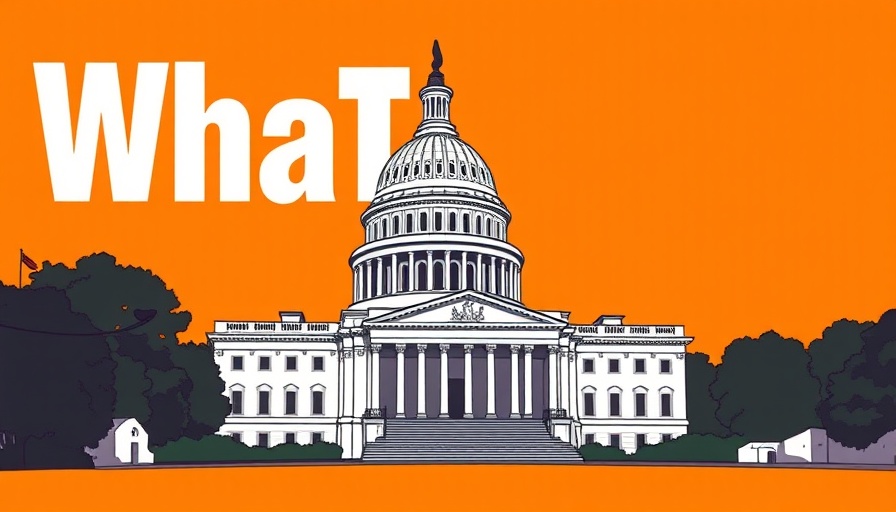
The Impact of Workforce Reductions on Public Health
As the Biden administration navigates ongoing cuts within health agencies, the implications are profound. Reports indicate potential dismissals of over 5,000 employees across the Department of Health and Human Services (HHS), targeting positions at critical agencies including the Centers for Disease Control and Prevention (CDC) and the National Institutes of Health (NIH). These cuts pose a risk not just to the employees, who serve vital functions in public health and safety, but to the safety nets and the very health of the nation.
Concerns Around Vaccine Hesitancy and Supply Cuts
The current political atmosphere is fostering a troubling context for public health research. Health and Human Services Secretary Robert F. Kennedy Jr.'s recent actions against vaccine research signal a push-back against established scientific consensus. This move coincides with an alarming trend of slashing funding for health initiatives, spotlighting challenges in returning to normal after the COVID-19 pandemic. The halted research into vaccine hesitancy could further endanger public health efforts, making it crucial for industry leaders to understand these dynamics and advocate for robust, evidence-driven health policies.
Financial Decisions: Medicaid and Rural Health Implications
As Congress deliberates over an $880 billion cut in federal spending, Medicaid programs face the potential for dramatic reductions. This is particularly concerning as more beneficiaries have started identifying as Republican voters in a changing political landscape. Cuts to Medicaid could jeopardize access to care for millions, especially in rural communities—where healthcare services are already stretched thin. Business professionals should be prepared to navigate these shifts as they could reshape the health market landscape and impact their corporate responsibilities toward community health.
Future of Healthcare: Navigating Federal Job Cuts
Amid layoffs at HHS and other health-related agencies, experts warn of dire effects on public health oversight. With hundreds of specialists being laid off, areas like infectious disease tracking, food safety, and medical device regulation face significant challenges. According to reports, cuts to the FDA's workforce specifically threaten its ability to regulate emerging technologies and to safeguard public health. For industry leaders, this calls for a proactive stance to protect critical public health roles and advocate for the necessary funding that supports future health innovations.
Historical Context: Lessons From Past Workforce Changes
The recent workforce reductions echo historical episodes where federal agency cuts led to crises in public health. For instance, the austerity measures seen during economic downturns in the past often resulted in staffing shortages that hampered the nation's capacity to respond to public health emergencies. By learning from these past experiences, current leaders can advocate for sustainable policies that ensure a well-resourced and competent health workforce.
Beacon of Hope: Engaging Businesses in Public Health Advocacy
Corporations have an instrumental role to play in advocating for enhanced public health policy. With the impending changes to federal funding and the workforce, industry leaders can contribute to shaping the narrative by lobbying for responsible cuts that preserve essential services. Collaborative efforts between the health sector and businesses can drive financial and social support needed to protect and enhance community health.
As these issues gain traction, business professionals must reevaluate their strategies and perceptions regarding public health. Engaging in advocacy for comprehensive health services and equitable access can foster a resilient, healthier population.
Call to Action: Advocate for Sustainable Health Funding
In light of the concerning workforce reductions and proposed spending cuts impacting public health, it's critical for CEOs and marketing managers in tech and health sectors to step forward. Your leadership can shape policies that not only safeguard public health but also ensure the sustainability of businesses. Engage with legislators, support public health campaigns, and champion the need for effective health funding. Together, we can forge pathways that enhance both community well-being and industry resilience.
 Add Row
Add Row  Add
Add 




 Add Row
Add Row  Add
Add 

Write A Comment